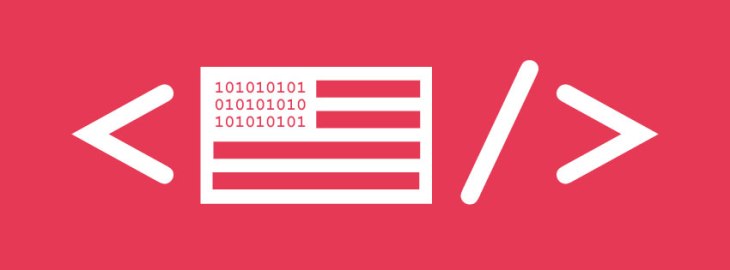As Hurricane-battered East Coasters turn to online crisis maps for weather updates and evacuation notices, we should all take a moment to give kudos to the spreadsheet nerds who advocated opening up the very government data reserves that now fuel these online tools.
From Google’s hurricane hub to the The New York Times evacuation map, life-saving online tools draw from a recent and relatively underfunded set of government programs that release information in ways conducive to third-party developers. “Open data is critical in crisis situations because it allows government to inform and serve more people than it ever could on its own through conventional channels. By making data freely available in a usable format for civic-minded developers and technology platforms, government can exponentially scale its communications and service delivery,” New York City’s Chief Digital Officer, Rachel Haot, writes to TechCrunch in an email (hopefully from a safe place).
The small but tenacious open data movement is based on a faith that citizens can build amazing, yet unknown tools with the vast reams of data warehoused on government servers. “We are enabling entrepreneurs and innovators across all walks of life to tap into fields of data sitting in the vaults of government in machine-readable form,” said Todd Park, President Obama’s Senior technology advisor. They’ll “create all kinds of services and products that we can only even barely imagine.”
It was President Reagan that originally released Global Positioning System (GPS) data in response to a downed airliner that accidentally wandered into Soviet territory; yet he never could have foreseen that GPS would eventually power an entire industry and smartphone and automobile navigation products.
In between national crises, open data advocates are relegated to the lowest totem poll of government priority. Afterall, in the midst of a crippling recession and ongoing trillion-dollar foreign wars, paying the salaries of programmers to transfer private data onto public spreadsheets is a tempting program to put on the chopping block (and is therefore constantly under defunding threats). When open data is attached to partisan lightning rodes like healthcare, it can evoke the wrath of small government pundits.
But thanks to their faith in the power of liberated data, East Coasters are a bit safer (and the rest of the world has cool products like Google Maps). So the next time you read a story about a programmer ferociously demanding open data for some seemingly obscure government service, like about parking meters, comment at the bottom of the article with a simple “thanks.” You never know how the fruit of his labor will affect you or your loved ones.
